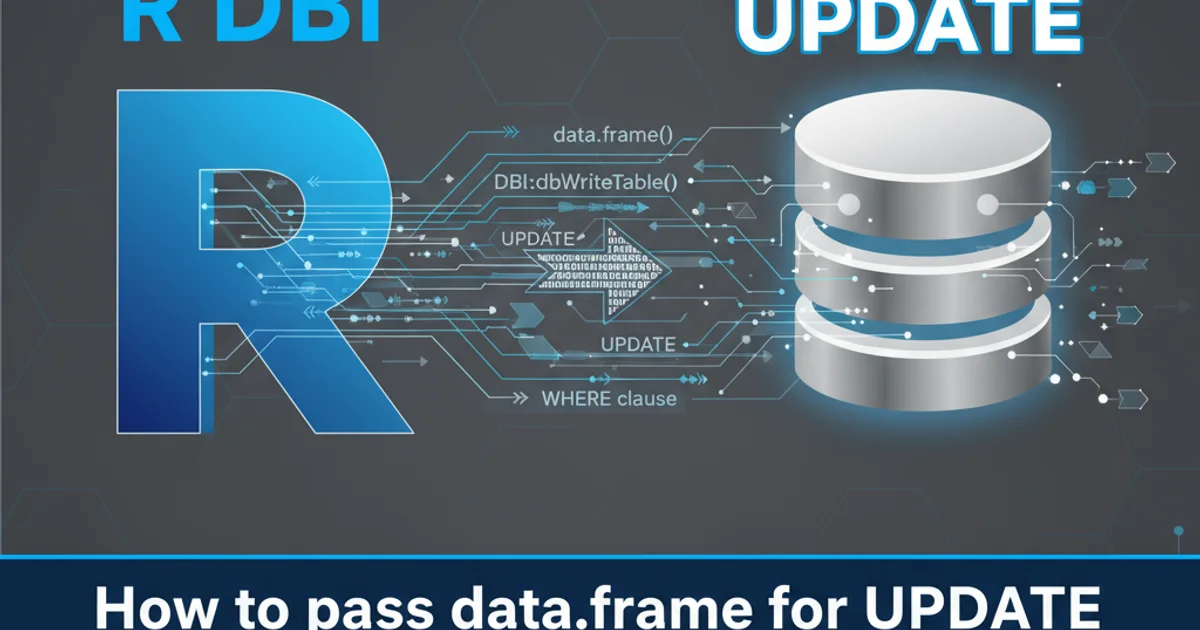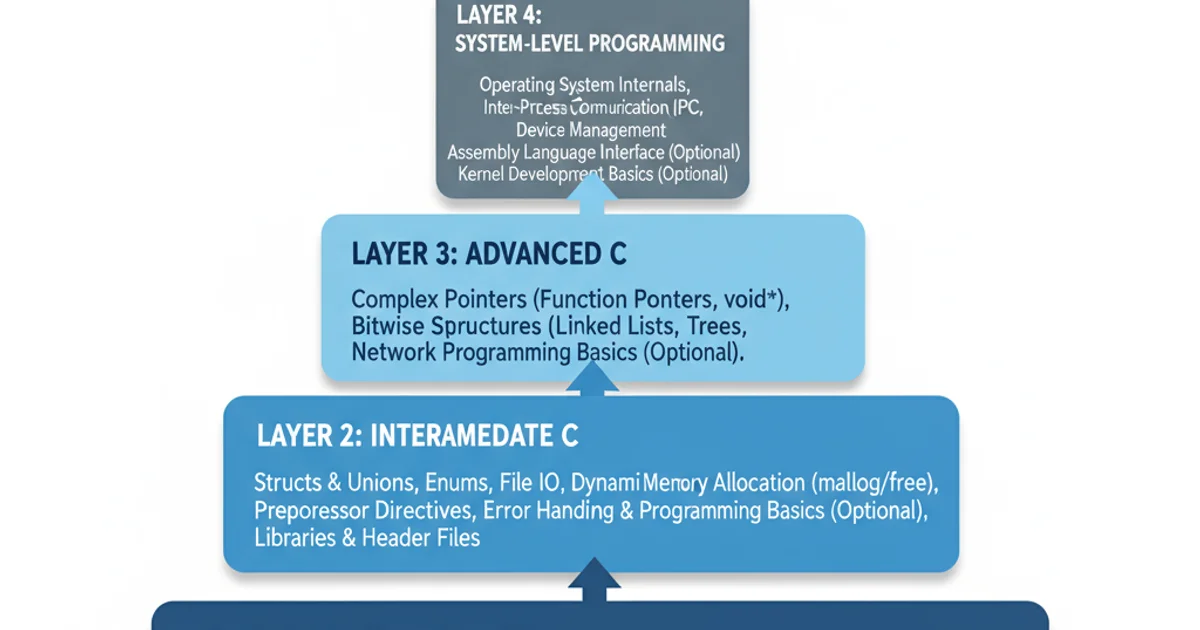The Definitive C Book Guide and List
Categories:
The Definitive C Book Guide and List

Navigate the vast landscape of C programming literature with this curated guide, helping you choose the best books for every skill level, from absolute beginner to seasoned expert.
C is a foundational language, underpinning operating systems, embedded systems, and countless applications. Its power and efficiency come with a steep learning curve, making the right learning resources crucial. This guide aims to help you select the best C programming books, whether you're just starting your journey or looking to deepen your understanding of advanced concepts.
Understanding Your Learning Path
Before diving into specific recommendations, consider your current programming experience and your goals. Are you a complete novice to programming, or do you have experience with other languages like Python or Java? Are you aiming to understand system-level programming, develop embedded applications, or simply grasp the fundamentals for academic purposes? Your answers will guide you to the most appropriate resources.
flowchart TD
A[Start Learning C] --> B{Prior Programming Experience?}
B -->|No| C[Absolute Beginner]
B -->|Yes| D[Experienced Programmer]
C --> C1["Book: 'C Programming Absolute Beginner's Guide'"]
C --> C2["Book: 'Head First C'"]
D --> D1["Book: 'The C Programming Language (K&R)'"]
D --> D2["Book: 'C Primer Plus'"]
D --> D3["Book: 'Expert C Programming'"]
C1 --> E[Practice & Projects]
C2 --> E
D1 --> E
D2 --> E
D3 --> F[Advanced Topics]
E --> F
F --> G[Master C Programming]Decision flow for choosing a C programming book based on experience.
Essential Books for Beginners
For those new to programming entirely, it's vital to start with books that introduce concepts gently, focusing on clarity and practical examples. Avoid books that assume prior knowledge of pointers or memory management, as these can be overwhelming initially.
1. C Programming Absolute Beginner's Guide (Greg Perry and Dean Miller)
This book is often praised for its approachable style, breaking down complex topics into digestible chunks. It's ideal for someone who has never coded before, providing a solid foundation without overwhelming jargon.
2. Head First C (David Griffiths and Dawn Griffiths)
Part of the popular 'Head First' series, this book uses a visually rich format and engaging exercises to make learning C fun and effective. It's great for learners who prefer a less traditional, more interactive approach.
Core Texts for Intermediate to Advanced Learners
Once you have a grasp of the basics, it's time to delve into the classics and more in-depth resources that cover C's nuances, memory management, and advanced data structures. These books are often considered indispensable for anyone serious about C programming.
1. The C Programming Language (K&R) - Brian W. Kernighan and Dennis M. Ritchie
Often referred to as 'K&R', this is the definitive book on C, written by the creators of the language. It's concise, authoritative, and a must-read for any serious C programmer. While it's not for absolute beginners due to its terse style, it's invaluable for understanding the language's core principles. It's best approached after you've gained some initial familiarity with C.
2. C Primer Plus (Stephen Prata)
This book is a comprehensive and detailed guide to C, often recommended as a more verbose alternative to K&R. It covers a wide range of topics, from basic syntax to advanced features like linked lists and binary trees, with plenty of examples and exercises. It's excellent for those who appreciate thorough explanations.
3. Expert C Programming: Deep C Secrets (Peter Van Der Linden)
This book is for those who want to understand the 'why' behind C's quirks and common pitfalls. It delves into advanced topics, compiler behavior, and subtle language features that often trip up even experienced programmers. It's an excellent read for gaining a deeper, more nuanced understanding of C.
#include <stdio.h>
int main() {
// K&R style: concise and direct
printf("Hello, World!\n");
return 0;
}
A classic 'Hello, World!' program, demonstrating C's simplicity.
Specialized and Advanced Topics
Beyond the core language, C is often used in specific domains that require specialized knowledge. These books cater to those looking to apply C in areas like embedded systems, operating systems, or high-performance computing.
1. C Interfaces and Implementations (David R. Hanson)
This book focuses on building reusable C libraries and modules, emphasizing good design principles and abstract data types. It's excellent for learning how to write robust, maintainable, and efficient C code for larger projects.
2. Advanced Programming in the UNIX Environment (W. Richard Stevens and Stephen A. Rago)
While not exclusively a C book, this is an essential resource for anyone doing system programming in C on Unix-like systems. It covers process control, interprocess communication, signals, and more, all with C examples. Stevens' books are legendary for their clarity and depth.

The progression of C programming knowledge, from fundamental syntax to complex system interactions.